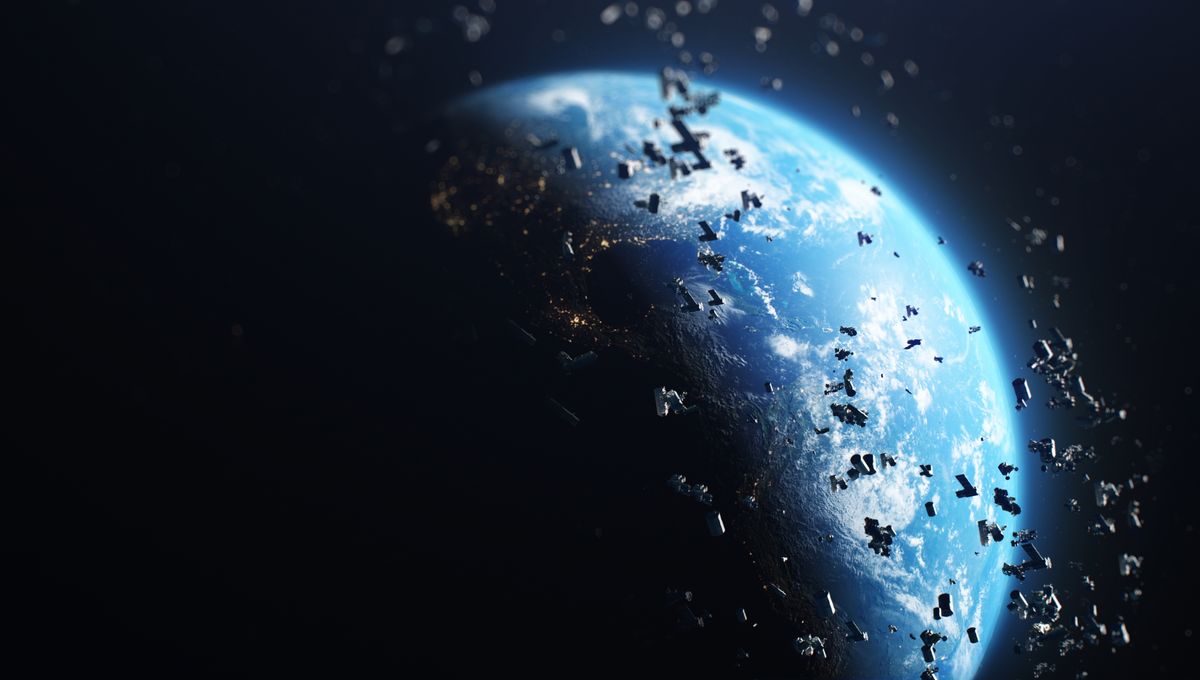
On December 30, the people of Mukuku, a village in Kenya about 90 kilometers (56 miles) from the capital Nairobi, found a massive piece of space debris. Luckily nobody was harmed when the 500-kilogram (1,100-pound) rocket piece came crashing down.
The piece is a metallic ring 2.5 meters (8 feet) across believed to come from a launch vehicle. On New Year’s Eve, members of the Kenya Space Agency traveled to the site to assess the object, confirming it was indeed space junk that did not burn in our atmosphere.
“Preliminary assessments indicate that the fallen object is a separation ring from a launch vehicle (rocket). Such objects are usually designed to burn up as they re-enter the Earth’s atmosphere or to fall over unoccupied areas, such as the oceans. This is an isolated case, which the Agency will investigate and address using the established framework under the International Space law,” the Kenya Space Agency said in a statement.
A lot of stuff that is sent into space and then comes back down will burn in the atmosphere. But not all of it. There has been a massive increase in space launches, mostly due to SpaceX’s regular launches of Starlink satellites. More material in orbit and more launches means a higher chance of stuff not burning up or falling near people.
In 2022, pieces from the SpaceX Crew-1 mission fell in Australia. Last year, a large chunk of a SpaceX rocket crash-landed on a Canadian farm. Also, last year a piece from an ISS junk drop fell onto a Florida house.
“We want to assure the public that the object poses no immediate threat to safety. Our experts will analyze the object, use existing frameworks to identify the owner, and keep the public informed of the next steps and outcomes,” the statement continued.
When it comes to laws and regulations in space, they leave a lot to be desired, but the Convention on International Liability for Damage Caused by Space Objects states that a launching State is “absolutely liable to pay compensation for damage caused by its space objects”. It says “State”, but it is not clear what would happen if it were a private company causing the damage.
This is an extension of Article VII of the Outer Space Treaty. Kenya is also a signatory since 1984 and launched its first Earth Observation Satellite in 2023, called Taifa 1. The African nation is considering reviving launch capabilities from its own territory, due to its ideal location near the equator with an east-facing ocean.
Source Link: Space Debris Weighing 500 Kilograms Crash-Lands Outside Mukuku Village In Kenya